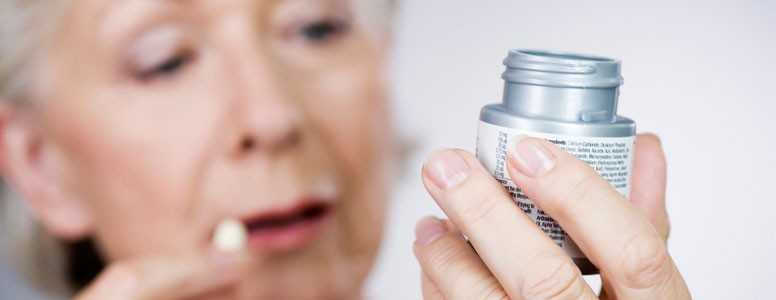A 71-year-old woman with type 1 diabetes has experienced severe hypoglycemia after taking the analgesic tramadol to relieve her arthritis pain.
Recent research has suggested that tramadol use may increase threefold the risk of hypoglycemia compared to other pain relievers, but until now no tramadol-induced ‘rebound hypoglycemia’ was ever reported.
Rebound hypoglycemia describes the fact that the woman suffered a severe hypo which was treated, raising her blood sugar levels back to normal, before she suffered an additional ‘rebound’ hypo two hours after getting her sugar levels back to normal.
In the case of this elderly woma, who was put on tramadol to alleviate pain and joint stiffness in her lower body, hypoglycemia with delayed response to sugar intake occurred rapidly after starting the treatment.
Her blood sugar levels dropped sharply within 10 to 12 hours after ingestion of tramadol. This happened on the evening of her first day of treatment with tramadol.
She took 50 mg of tramadol before dinner and noticed that her glucose levels after dinner (3.8 mmol/l) were much lower than before dinner (5.1 mmol/l).
At one point her sugar levels dropped severely low to 2.3 mmol/l and it took several glasses of orange juice to raise her sugar levels to 4.4 mmol/mol.
After what had been a short night of sleep, her blood glucose levels continued to drop back down and she woke up in the morning with still very low blood sugars (2.9 mmol/l).
This second ‘rebound’ hypo occurred 20 hours after taking the tramadol dose. She had to skip insulin and eat cereal before her blood sugar levels were finally able to normalise.
She was taking rapid-acting insulin Novolog (marketed as NovoRapid in the UK), and insulin glargine, as her basal insulin, alongside tramadol for the pain relief.
There have been reports of insulin glargine causing persistent hypoglycemia, but only in cases of overdose, and she also had no history of rebound hypoglycemia in the past 36 years she was on insulin.
Researchers reporting on the case believe that tramadol may have affected some key defence mechanisms against hypoglycemia, such as gluconeogenesis and sufficient glucagon release, which normally helps bring blood sugars back to baseline.
Her old age was also a cofactor that could have influenced the risk of hypoglycemia with tramadol.
Further evidence is however needed to determine whether tramadol should be considered unsafe for pain management in all people with type 1 diabetes.







